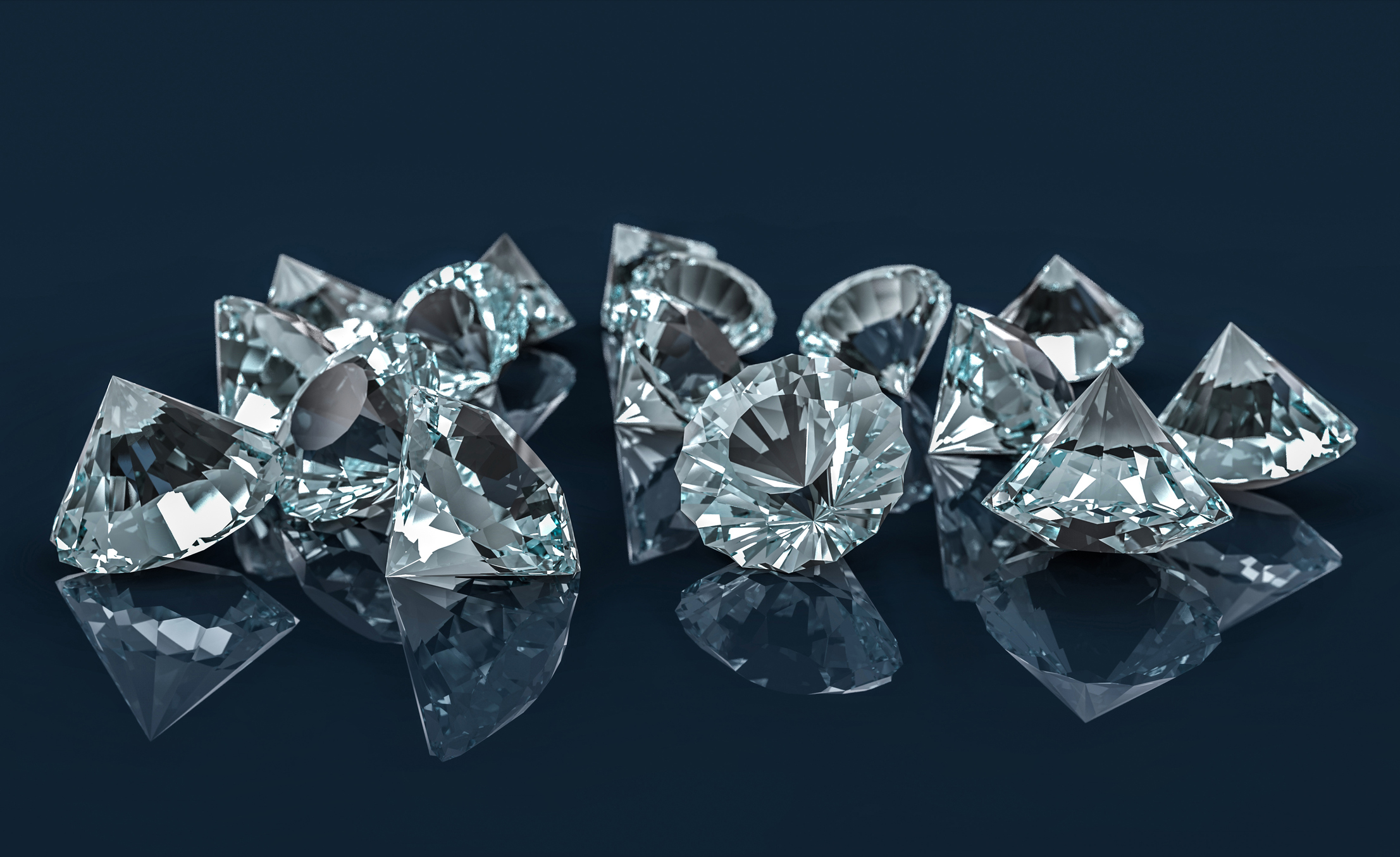When we talk about diamonds, the word “inclusions” might sound like a flaw, but in the realm of lab-created diamonds, they play a significant role in determining the stone’s authenticity and uniqueness. In this comprehensive guide, we delve into the world of inclusions in lab-created diamonds, exploring their types, impact, and importance.
Table of Contents
Introduction
Lab-created diamonds have been gaining traction as a more sustainable and ethical alternative to mined diamonds. These gems are grown in controlled environments, mimicking the natural processes that occur beneath the Earth’s surface over millions of years. Despite being man-made, lab-created diamonds possess the same chemical and optical properties as natural diamonds.
1. What are Lab Created Diamonds?
Lab-created diamonds, also known as synthetic or cultured diamonds, are produced through high-pressure, high-temperature (HPHT) or chemical vapor deposition (CVD) processes. These methods replicate the conditions found in the Earth’s mantle, allowing carbon atoms to crystallize and form diamonds.
2. Importance of Inclusions
Inclusions are natural features found within diamonds, including tiny crystals, clouds, or pinpoints. While they may seem like imperfections, inclusions are essential in identifying and authenticating diamonds, whether natural or lab-created.
3. Types of Inclusions
3.1. Crystal Inclusions
Crystal inclusions are mineral deposits trapped within the diamond during its formation process. These inclusions often appear as tiny crystals or mineral traces, adding character to the diamond’s overall appearance.
3.2. Pinpoint Inclusions
Pinpoint inclusions are tiny, pinpoint-sized spots found within the diamond. These inclusions can vary in color and size, ranging from barely visible to more prominent marks.
3.3. Cloud Inclusions
Cloud inclusions are clusters of microscopic crystals that create a cloudy or hazy appearance within the diamond. While they may affect the diamond’s clarity, inclusions in lab created diamonds, they also contribute to its unique identity.
4. Impact on Diamond Quality
Inclusions play a crucial role in determining a diamond’s clarity grade, which directly impacts its value and appearance. Diamonds with fewer and smaller inclusions are considered more valuable and appear clearer to the naked eye.
5. How Inclusions are Identified
5.1. Microscopic Examination
Gemologists use specialized equipment to examine diamonds under magnification, identifying and documenting the size, location, and nature of inclusions.
5.2. Laser Inscription
Some lab-created diamonds are laser-inscribed with unique identification numbers or symbols, allowing for easy tracking and verification of the diamond’s origin and characteristics.
6. Inclusions and Pricing
The presence and visibility of inclusions influence a lab-created diamond’s pricing. Stones with fewer inclusions command higher prices due to their rarity and superior clarity.
7. Inclusions and Durability
Contrary to popular belief, inclusions do not necessarily compromise a diamond’s durability. When properly cared for, diamonds, including those with inclusions, can withstand everyday wear and last a lifetime.
8. Common Misconceptions
Misconceptions about inclusions often lead to misconceptions about a diamond’s quality and value. Understanding the role of inclusions is crucial in making informed decisions when purchasing diamonds.
9. Importance of Disclosure
Ethical and transparent disclosure of a lab grown diamonds characteristics, including any inclusions, is essential for maintaining consumer trust and confidence in the diamond industry.
Conclusion
Inclusions in lab-created diamonds are not flaws but rather unique features that contribute to each diamond’s individuality. Understanding the types and impact of inclusions enhances appreciation for the craftsmanship and beauty of these synthetic gems.



